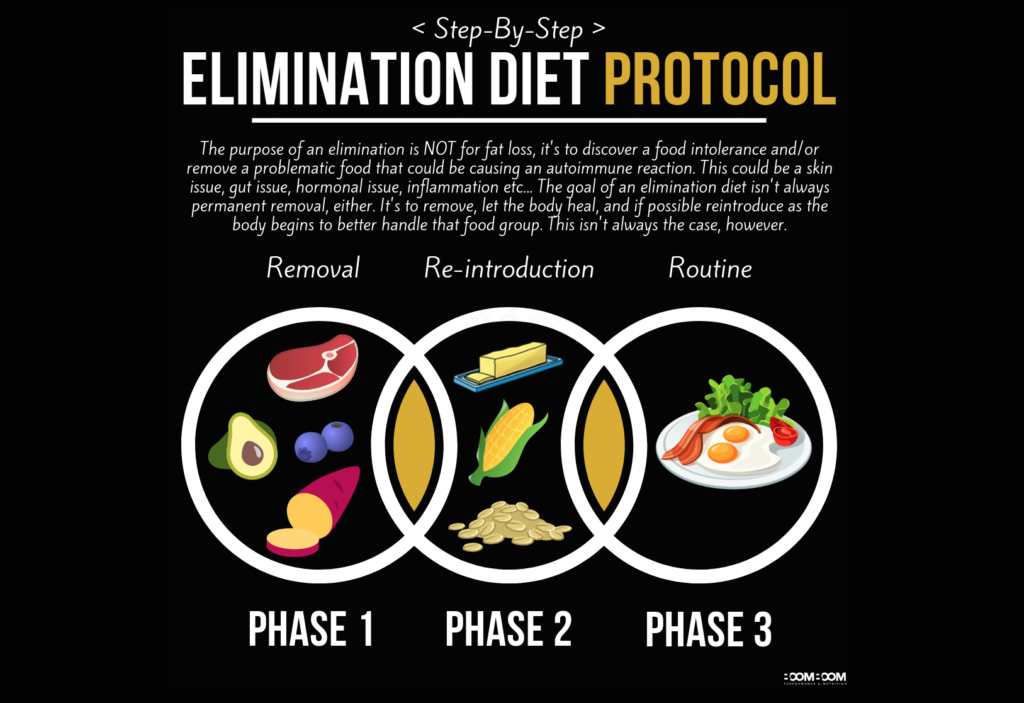Discover the fascinating world of alcohol tolerance and find out how science is unraveling its mysteries. Cheers to science!
Table of Contents
Whether you’re a seasoned beer connoisseur or a casual drinker, one question that often arises when it comes to alcohol consumption is: how many beers does it really take to get drunk? It’s a common misconception that there is a one-size-fits-all answer to this question, when in reality, the answer is far more complex and nuanced.
Alcohol Metabolism
Alcohol metabolism is a key factor in determining how quickly and intensely someone will feel the effects of alcohol. When you consume a beer, the alcohol is absorbed into your bloodstream and eventually metabolized by your liver. This process is facilitated by enzymes, particularly alcohol dehydrogenase, which break down the alcohol into acetaldehyde and eventually into acetic acid.
Factors such as age, gender, and genetics play a significant role in how efficiently your body metabolizes alcohol. As we age, our bodies tend to metabolize alcohol more slowly, leading to a prolonged intoxication period. Additionally, individuals with a higher concentration of alcohol dehydrogenase enzymes may be able to process alcohol more quickly than those with lower enzyme levels.
Individual Tolerance Levels
Alcohol tolerance refers to the amount of alcohol a person can consume before feeling intoxicated. This tolerance level can vary widely from person to person and is influenced by a variety of factors, including weight, body composition, and overall health. A person’s tolerance to alcohol may also change over time, depending on their drinking habits and frequency.
It’s important to note that tolerance is not a measure of how much alcohol a person can safely consume, but rather an indication of how much alcohol it takes for an individual to feel the effects of intoxication. Factors such as hydration, food consumption, and even sleep can all impact an individual’s tolerance level on any given occasion.
Influencing Factors on Intoxication
Several factors can influence how intoxicated a person feels after consuming alcohol. The rate of consumption, for example, can have a significant impact on intoxication levels. Consuming multiple beers quickly in succession can lead to a rapid increase in blood alcohol content, resulting in a more pronounced feeling of intoxication.

Image courtesy of tailoredcoachingmethod.com via Google Images
The type of alcohol consumed can also affect how intoxicated someone feels. Drinks with a higher alcohol content, such as spirits, can result in a quicker onset of intoxication compared to lower-alcohol beverages like beer. Additionally, consuming alcohol on an empty stomach can lead to faster absorption and a stronger intoxicating effect.
It’s important for individuals to be aware of these influencing factors and to practice responsible drinking habits. Understanding how your body reacts to alcohol, knowing your limits, and taking proactive steps to minimize the risks associated with intoxication are all key components of safe alcohol consumption.
Conclusion
As we’ve explored, the question of how many beers it takes to get drunk is not a straightforward one. Alcohol metabolism, individual tolerance levels, and various influencing factors all play a role in determining how alcohol affects each person differently.
By delving into the science behind alcohol intoxication, we can gain a better understanding of our own bodies and how they respond to alcohol. Armed with this knowledge, we can make informed decisions about our alcohol consumption, practice responsible drinking habits, and prioritize our health and safety.
So, the next time you raise a glass, remember to toast to science and the valuable insights it provides into the mysteries of alcohol tolerance. Cheers!
FAQ
How does alcohol metabolism vary between individuals?
Answer 1: Alcohol metabolism can vary based on factors like age, genetics, and enzyme levels. Younger individuals generally metabolize alcohol faster, while enzyme concentration can affect how quickly and efficiently alcohol is broken down in the body.
What factors influence an individual’s alcohol tolerance level?
Answer 2: Weight, body composition, overall health, and drinking habits can all influence an individual’s alcohol tolerance. Hydration, food consumption, and sleep also play a role in determining how alcohol affects a person.
How does the rate of alcohol consumption affect intoxication levels?
Answer 3: Consuming alcohol rapidly can lead to a quicker increase in blood alcohol content, resulting in a more pronounced feeling of intoxication. Pace yourself when drinking to prevent sudden spikes in intoxication levels.
What can individuals do to practice responsible drinking habits?
Answer 4: Knowing your limits, understanding how your body reacts to alcohol, and being aware of influencing factors like type of alcohol consumed and food intake are essential for responsible drinking. Always prioritize your health and safety when consuming alcohol.
Generated by Texta.ai Blog Automation


Leave a Reply